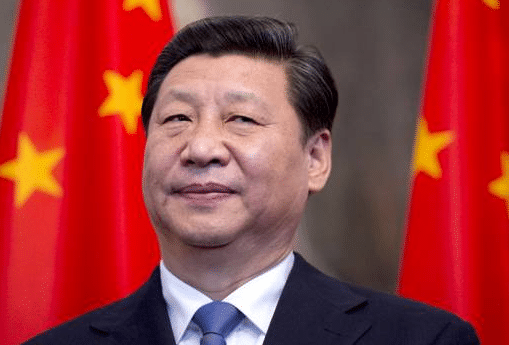According to sources familiar with the matter, the Chinese Communist Party has been engaging in covert lobbying efforts with the U.S. Congress in relation to TikTok. These efforts involve the Chinese Embassy holding meetings with congressional employees to advocate against legislation that would either require the sale of TikTok or result in a ban of the Chinese app within the United States. After the legislation was passed by the U.S. House of Representatives and moved to the Senate for review, Chinese diplomats reportedly met with Capitol Hill offices to lobby on behalf of TikTok.
Interestingly, the Chinese Embassy did not initially disclose their intentions regarding TikTok when seeking these meetings. The Capitol Hill staffers who provided this information to Politico chose to remain anonymous due to restrictions preventing them from publicly disclosing such details. It is worth noting that the proposed bill, which may ultimately reach the president’s desk, aims to ban TikTok unless its parent company, ByteDance, sells the app within six months.
This decision is driven by concerns over national security and the potential risks associated with U.S. user data being controlled by the Chinese Communist Party. Additionally, it is worth mentioning that TikTok’s recent purchase of $2.1 million in television advertising in key battleground states has raised suspicions of potential interference in U.S. elections. Despite TikTok’s claims of severing ties with ByteDance and ensuring the protection of U.S. user data from Chinese influence, former employees have contradicted these assertions, stating that the app continues to collaborate with ByteDance behind the scenes.
In a specific instance, a male individual employed as a senior data scientist at TikTok shared that when the app publicly announced its intention to exclusively store U.S. data within the United States and restrict access to only U.S. employees, he was informed that he would now report to an executive based in Seattle.
However, the predicament arose when it became apparent that this supposed American TikTok executive was merely a fictional entity, existing only on official documents. Consequently, the former data scientist was instructed to persist in collaborating with the Chinese ByteDance executive, as he recounted.

